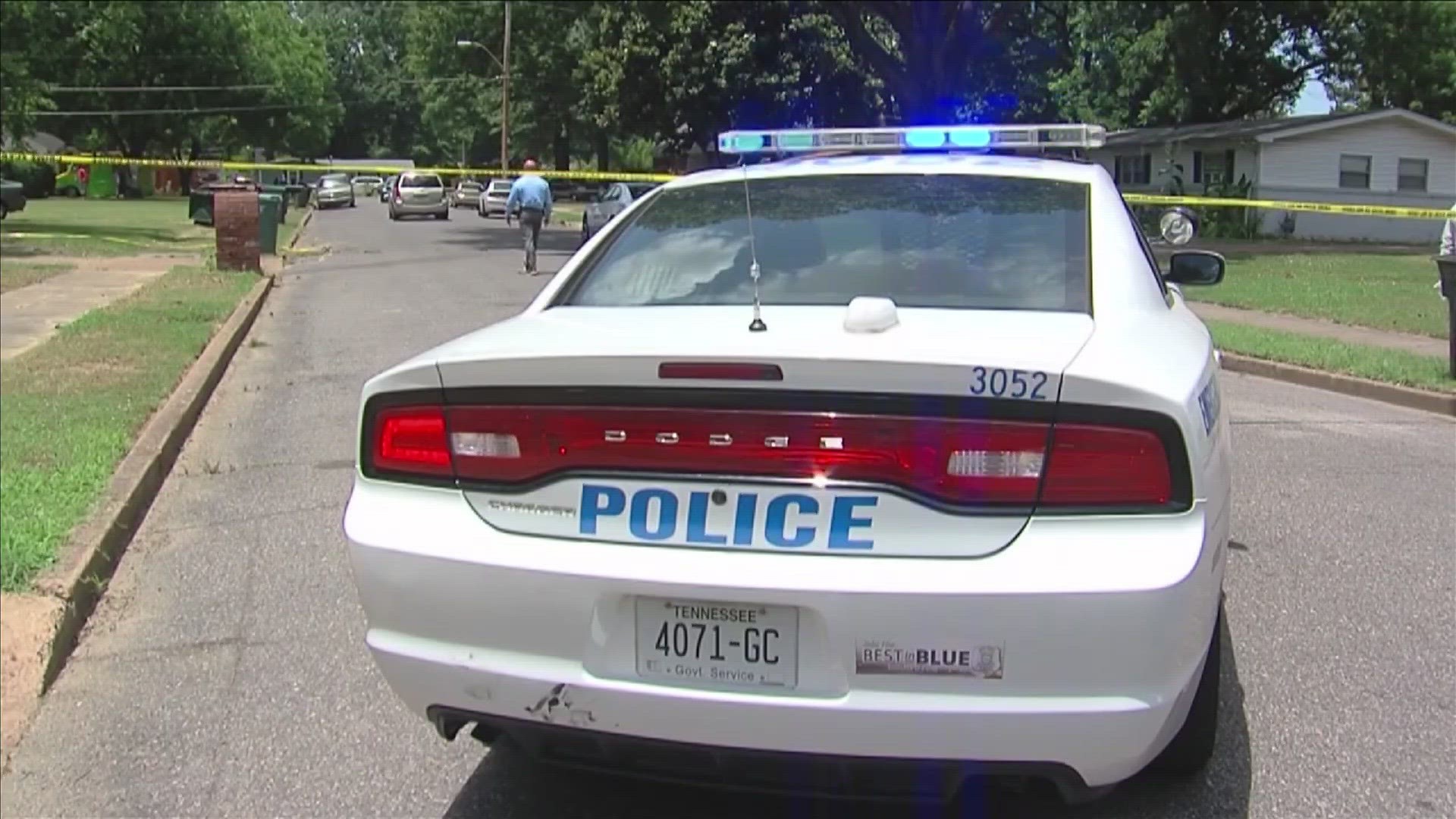MEMPHIS, Tenn. — The U.S. Department of Justice announced it is stepping in to review the Memphis Police Department. This happened after Memphis Mayor, Jim Strickland, and Police Chief, CJ Davis, requested further insight.
It is a plea to the top as Memphis Mayor, Jim Strickland, and Police Chief, CJ Davis, requested the U.S. Department of Justice to step in and review MPD.
“This isn’t the first step of the federal government taking over the police department. This is simply a request for them to come in, evaluate the policies and procedures, and giving them recommendations for them to do better,” said Claiborne Ferguson, Claiborne Ferguson Law Firm.
That request goes to the DOJ’s Office of Community Oriented Policing Services or ‘COPS.’ “This is a pro-police department,” said Ferguson. “This whole C.O.P.S. office is about a billions of dollars in grant money. They’re trying to find ways to push that money out to departments to increase community policing.”
It is possible that Memphis could receive funding following the review. That would allow MPD to hire more officers, improve training, and provide more resources. “This should have happened long before Tyre was killed,” said Ferguson. “This may actually be an effort on the part of the City of Memphis to avoid future oversight by the Department of Justice.”
One of the more stringent actions is a consent decree, which would allow the DOJ to take over the police department until a federal judge declares significant progress has been made. “It's easy to get into a consent decree. It's very, very difficult to get out from under one,” said Michael Perlstein, an investigative reporter for our sister station in New Orleans
New Orleans has been under consent decree for 11 years. “City of New Orleans entered into that at a pretty steep cost seven to $8 million a year,” said Perlstein.
Since being under consent decree, New Orleans has created anew compliance unit, enforced standard practices, and significantly improved their policies and procedures; however, Ferguson said the rigid oversight has stressed out their department. “Any time a police officer looks sort of sideways investigation is launched,” said Perlstein. “It has caused an exodus, in some instances, a mass exodus of police officers from the NOPD 1600 At the time of Hurricane Katrina, about 920 now.”
The shortage of officers has resulted in a delayed response to crime. “If you can get the lighter version and not an actual consent decree that doesn't get lifted until a federal judge says so, cities I think much prefer memorandum of understanding,” said Perlstein.

